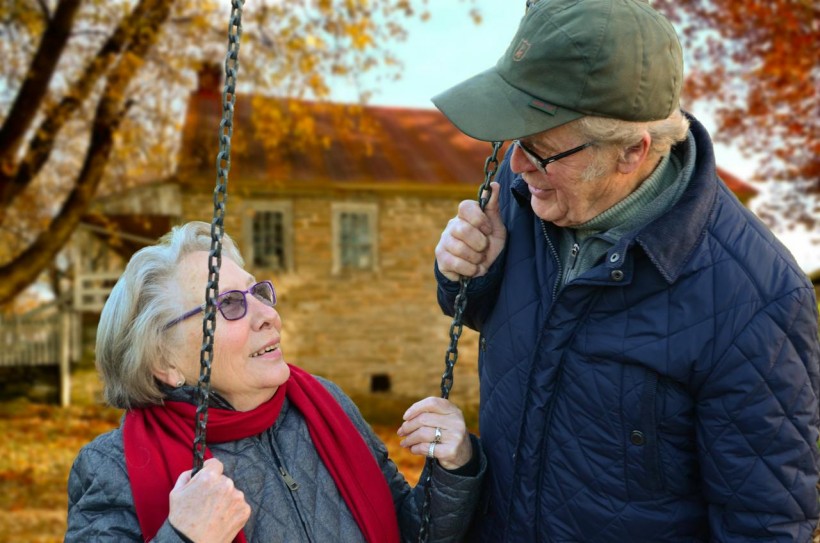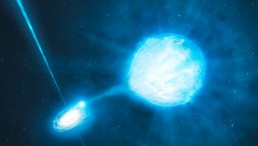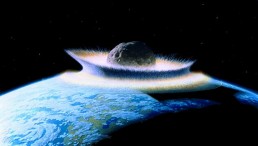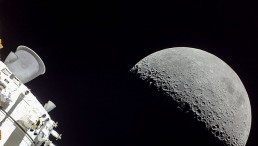Since ancient times, philosophers have argued whether aging is a natural process or a disease to cure. This debate has gained fresh vigor in recent years with the advances in pathology. This argument can also affect the medical industry in deciding whether aging can be cured.

What is Aging?
At the biological level, aging results from a gradual accumulation of molecular and cellular damage over a person's lifespan. The changes at the molecular level lead to a decline in physical and mental function and an increased risk of disease, which ultimately leads to death.
The observable changes are neither linear nor consistent since they are only loosely associated with a person's age in years. Aside from this, the diversity seen in older age is also not random.
Traditionally, aging was not seen as a disease but is only defined as a natural and universal process. People who support the idea that aging is a natural phenomenon have argued that aging is not a deviation from the normal state, as expected for a disease.
Older age is also characterized by the emergence of several complex health states called geriatric syndromes. They usually result from multiple underlying factors, including delirium, frailty, and falls.
READ ALSO: Do You Age Slower Because of Gravity? How Gravity Affects Aging
Should Aging Be Reclassified?
The World Health Organization (WHO) leaders sought to officially define "old age" as a disease rather than a fact of life. This argument was discussed during the 11th revision of its International Classification of Diseases (ICD), which came into effect on February 11, 2022.
The ICD provides a common language that enables health experts to share standardized information worldwide. It serves as the foundation for identifying health trends and statistics worldwide.
However, the attempt to reclassify aging was ultimately foiled by a significant global campaign led by clinicians who argued that giving such a designation could lead to real-world harm. According to geriatric psychiatrist Kiran Rabheru from the University of Ottawa, erroneous and arbitrary use of the 'old age' code, based only on chronological age, would compromise the safety and quality of healthcare for older people.
WHO officials agreed, and shifted their terminology from "old age" to "aging associated decline in intrinsic capacity". This indicates a more specific state of health and encourages a more dynamic assessment of a person's health and capacity across a life trajectory.
Some experts also believe that labeling aging itself as a disease is both misleading and detrimental. Classifying aging as a disease does not also address questions about why we age in the first place. Instead of treating aging as a disease, scientists should identify and treat the underlying processes that cause aging and other age-related cellular damage.
In 2013, international researchers identified nine "hallmarks of aging." While each hallmark has its symptoms, no identified biomarkers can be used to describe aging overall. These hallmarks occur in every human, and many co-occur, making it difficult to tease out individual processes or recognize causal relationships.
RELATED ARTICLE: Age and Environment Influence Gene Expression More Than Genetics as a Person Gets Older
Check out more news and information on Aging in Science Times.














